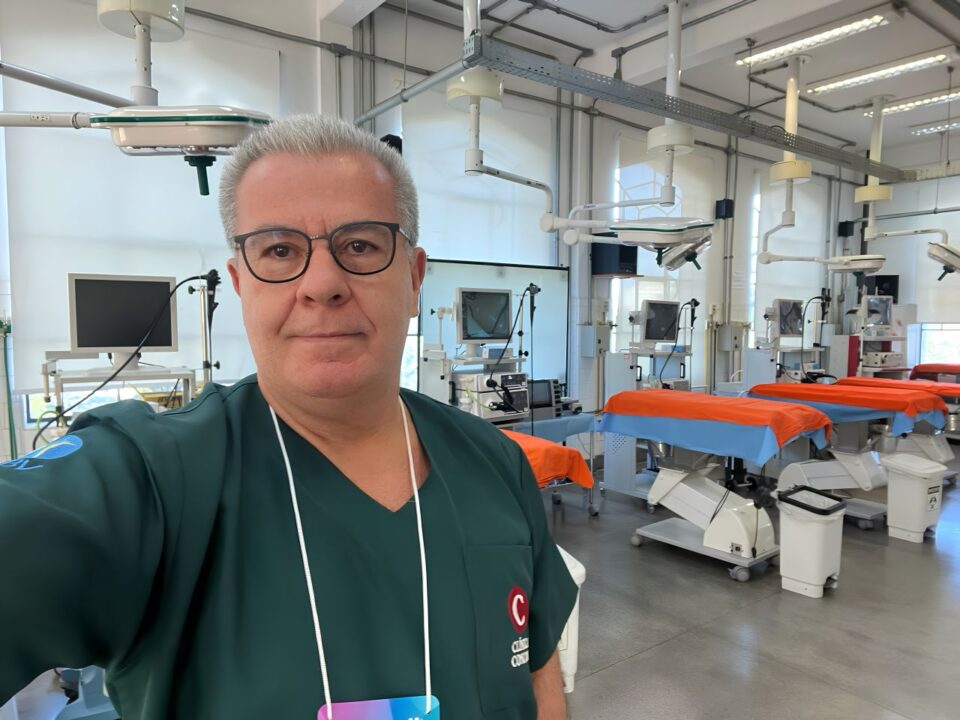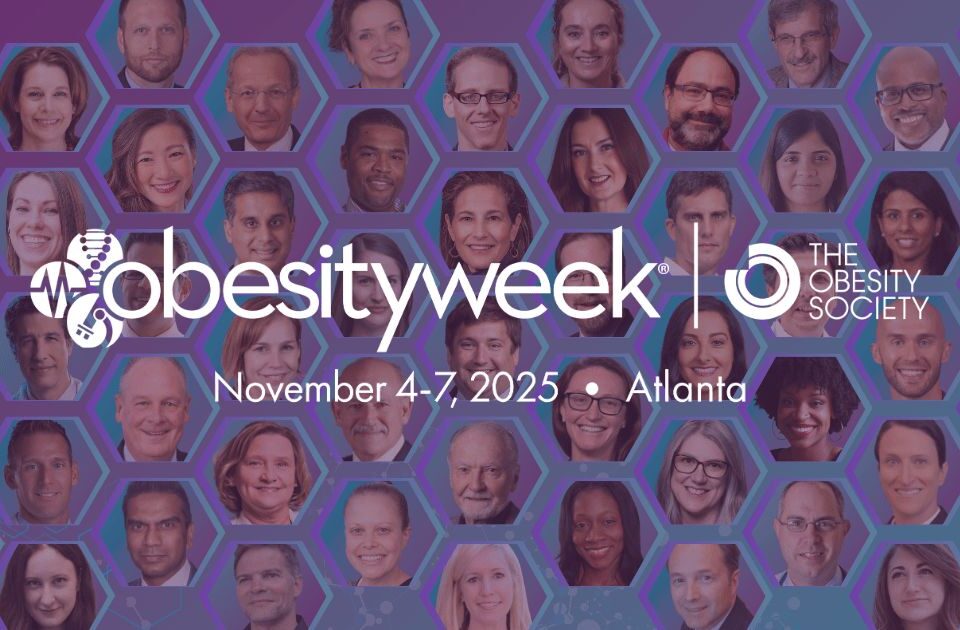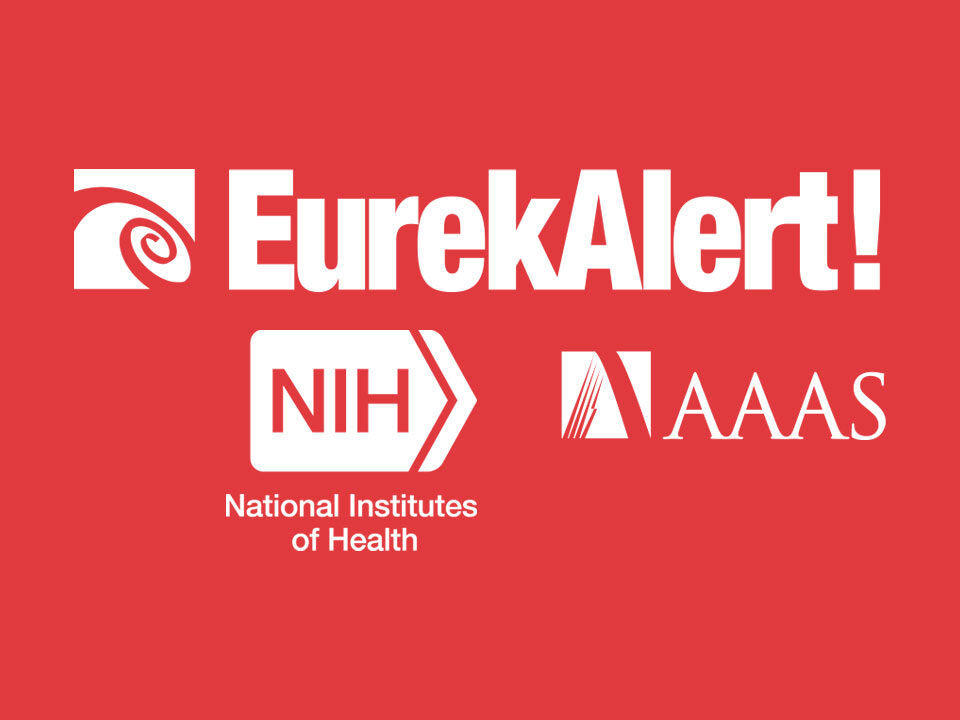
Dr. Julian Yin Vieira Borges analisa as novas perspectivas e oportunidades da terapia de testosterona oral
18 de outubro de 2024
Estudos sobre probióticos e obesidade ganhando destaque global na ObesityWeek 2024
27 de novembro de 2024Dr. Julian Yin Vieira Borges analyzes new perspectives and opportunities in oral testosterone therapy
With a focus on safety and efficacy, oral testosterone therapy emerges as a promising alternative in the treatment of hypogonadism, offering convenience and new possibilities for patients.
Testosterone replacement therapy (TRT) has undergone significant transformations in recent years, bringing hope to men facing this condition who seek practical and effective treatments. Dr. Julian Yin Vieira Borges, a professor of medicine, endocrinology, and clinical nutrition, is a renowned specialist in this field. In his recent publication in the *Series of Endocrinology, Diabetes and Metabolism*, titled *Oral Testosterone Therapy in Hypogonadal Men: A Comprehensive Systematic Review and Meta-Analysis of Safety, Efficacy, and Secondary Health Outcomes*, he discusses oral therapy, exploring evidence of its efficacy and safety. The editorial “The Promise and Challenges of Oral Testosterone Therapy” delves into Dr. Borges’ findings, highlighting both the benefits and challenges for clinical practice.

A new perspective on testosterone therapy
Testosterone deficiency, especially in men over 50, is associated with symptoms like loss of libido, erectile difficulties, weight gain, and reduced muscle mass. Traditionally, TRT is administered through injections, gels, or patches, but these methods, while effective, can be uncomfortable and impact patient adherence.
The introduction of testosterone undecanoate (TU) in oral form represents a practical and less invasive alternative that may enhance patient experience. Dr. Borges’ study provides evidence indicating that oral therapy is a safe option for many men. The editorial emphasizes how this alternative could improve patient adherence, particularly for those who struggle with traditional administration methods.
Challenges and opportunities in oral therapy
Despite the promising potential of oral therapy, the editorial notes that there are still significant barriers to its wider adoption. Lack of awareness among physicians and patients is one such barrier. Dr. Borges mentions that, in many cases, a lack of knowledge regarding the efficacy and safety of oral testosterone prevents this option from being considered as a first-line treatment. He highlights the need to review current guidelines to include this approach as a viable alternative.
Another critical point is treatment adherence. The editorial reveals that a significant portion of patients, around two-thirds, changed their therapy in the past year due to discomfort with traditional methods. Additionally, 25% of patients abandon their prescribed treatment, and 17% do not return for follow-up appointments. This demonstrates how oral therapy could be crucial in improving adherence and providing greater convenience.
Safety and efficacy: A delicate balance
The editorial emphasizes that oral testosterone has a safety profile comparable to other forms of TRT, without significantly increasing the risks of liver toxicity or major cardiovascular events. Improvements in bone density and cognitive function further support its potential for wider adoption. However, as Dr. Borges points out, continuous patient monitoring is essential to ensure safety, particularly in regard to blood pressure and PSA levels.
“Even a slight increase in blood pressure or PSA levels, while not alarming, requires regular medical follow-up to ensure treatment safety and efficacy,” explains Dr. Borges.
This commitment reflects his dedication to patient safety and evidence-based clinical practice.
Looking ahead
The editorial concludes that oral testosterone therapy represents a significant advancement in managing hypogonadism, offering a convenient and effective alternative that maintains patient safety. Educating and informing both doctors and patients is essential to overcome misconceptions and ensure that all options are known. Dr. Borges, with his extensive experience and scientific vision, remains a key figure in ensuring that emerging therapies are safely and effectively implemented.
The future of oral testosterone therapy
The editorial concludes that oral testosterone therapy is a significant advancement in treating hypogonadism, offering a practical and effective alternative that ensures patient safety. Educating and informing physicians and patients is crucial to making sure that everyone is aware of the available options. Dr. Borges, with his extensive experience, continues to be a central figure in the safe and effective implementation of new therapies.
For more information and details about this scientific advancement, we recommend reading the full article: The Promise and Challenges of Oral Testosterone Therapy.
Also read the base article: Oral Testosterone Therapy in Hypogonadal Men: A Comprehensive Systematic Review and Meta-Analysis of Safety, Efficacy, and Secondary Health Outcomes
Dr. Julian Borges’ contribution to endocrinology
With over two decades of clinical practice and extensive scientific output, Dr. Julian Borges is a prominent figure in endocrinology and clinical nutrition. His research covers topics such as cardio-endocrinology, nutrigenomics, precision medicine, and digital health. In this study, he explores safe and effective alternatives for managing complex conditions like hypogonadism.
The editorial highlights that Dr. Borges’ work is crucial for advancing clinical practice. His detailed analysis not only explores the possibilities of oral testosterone therapy but also underscores the importance of long-term studies to fully understand the risks and benefits involved. Dr. Borges’ critical and scientific approach continues to positively influence treatment guidelines and practices, bringing significant improvements to the lives of many patients.
Biography
Dr. Julian Yin Vieira Borges, based in Goiânia, Brazil, has developed an innovative approach that combines traditional medicine with modern technologies for health management. With over 20 years of experience in endocrinology, clinical nutrition, and sports medicine, he is one of the leading experts in his field. He graduated in Medicine from the Fundação Educacional Serra dos Órgãos (UNIFESO) and completed specializations in cardiology at the Instituto Estadual de Cardiologia Aloysio de Castro (IECAC/RJ), sports and exercise medicine at the Universidade Estácio de Sá (UNIESA/RJ), and endocrinology, diabetes, and metabolism at the Instituto Nacional de Pesquisa e Educação Médica (IPEMED). Additionally, he is certified in Endocrinology and Clinical Nutrition by ABRAN, and in Endocrinology and Metabolism by SBEM/CFM/AMB, with an additional certification in Nutrology by ABRAN/CFM/AMB. Dr. Borges has maintained a private practice in Goiânia since 2011.
As a professor, he teaches endocrinology and clinical nutrition at the Afya Medical Postgraduate Center. He is an active researcher, focusing on the interactions between nutrients and endocrine systems, and exploring areas such as precision cardiology, endothelial function, epigenetics, personalized medicine, and digital health. Dr. Borges is a member of the Associação Brasileira de Nutrição Médica (ABRAN), the Sociedade Brasileira de Endocrinologia e Metabologia (SBEM), the Sociedade Brasileira de Medicina do Exercício e do Esporte (SBMEE), as well as the American Medical Association (AMA), the American Academy of Sports Medicine (ACSM), the American Society for Nutrition (ASN), and the Endocrine Society. His international recognition has led to invitations to speak at major medical conferences and events.
Site: fxmed.com.br
LikedIn: linkedin.com/in/fxmed
Facebook: facebook.com/fxmedicine
Instagram: instagram.com/fxmed
YouTube: youtube.com/@FxMED



